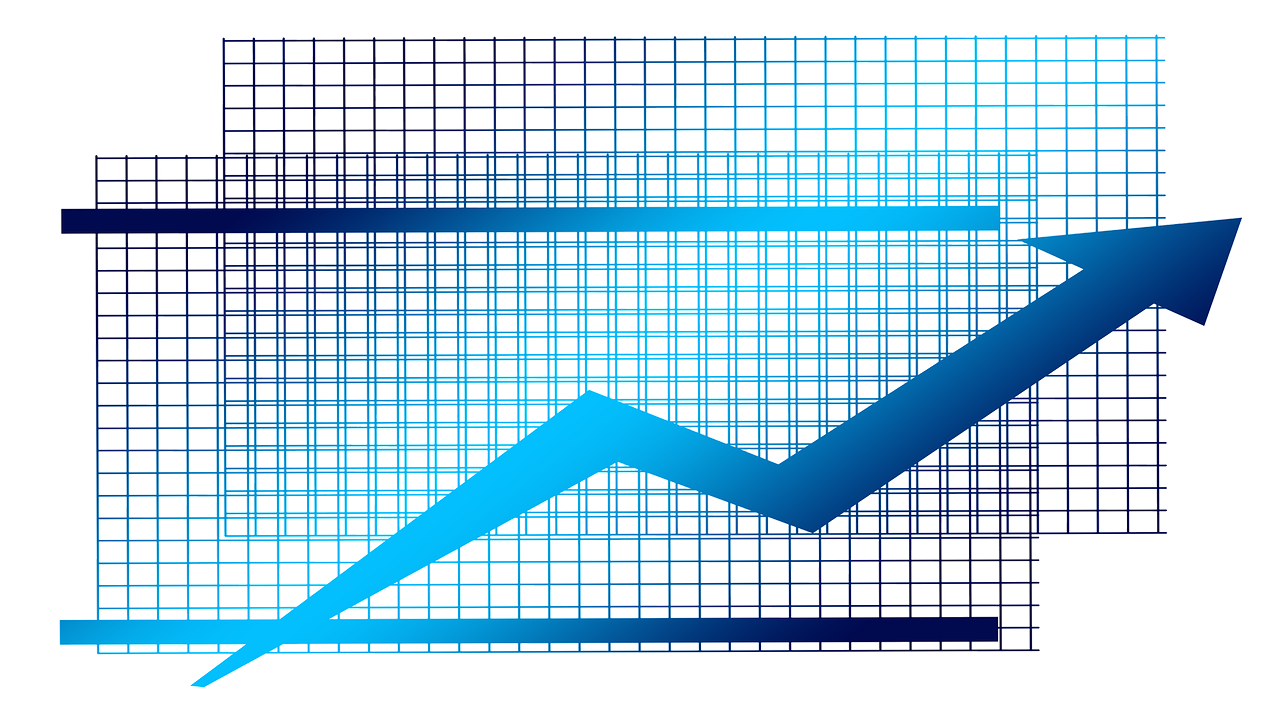The lending giant says the economy contracted 32.9% in 2Q – the largest since WW II. But it now expects strong housing data to lead a robust rebound by year’s end.
WASHINGTON – The U.S. economy took a nosedive in the second quarter of 2020 as the pandemic settled in, but Fannie Mae economists expect an almost-as-robust rebound by the end of the year, with a strong housing market leading the way.
According to Fannie Mae, the U.S. economy contracted in the second quarter by 32.9% annualized – the largest decline since demobilization efforts following World War II.
However, a robust recovery started in May, setting up the third quarter “for a substantial rebound,” according to the latest commentary from Fannie Mae’s Economic and Strategic Research (ESR) Group. Third quarter GDP growth is now forecast to come in at 27.2% annualized.
Other factors also suggest a strong rebound, including a now-falling coronavirus case rate, supportive fiscal and monetary policy, and an elevated level of household savings that could lead to an uptick in future consumer spending.
While substantial downside risks remain – such as an unknown future for the COVID-19 pandemic that could lead to a more stringent shutdown later this year – the ESR Group now expects real GDP to contract only 3.1% compared to a previously forecast 4.2%. The economists say that increase assumes that future coronavirus flareups are localized and regional, at a level unlikely to pause U.S. economic growth.
The ESR Group also revised upward its estimate for 2020 home sales and mortgage originations. It now expects total origination volume to hit $3.4 trillion in 2020 – the highest level since 2003.
“The economy’s climb back from the sudden and severe setback of the second quarter is fully underway, but we believe the future pace will be driven largely by the path of the novel coronavirus and how the public responds to coronavirus-related information,” says Doug Duncan, Fannie Mae senior vice president and chief economist.
“Consumers have savings to draw on, but some are holding that savings in reserve until the economy and labor markets improve,” he says. “Others are spending on a discretionary basis as they await evidence that the virus has receded sustainably. Our base scenario assumes that Congress will agree upon additional fiscal stimulus in support of consumers and businesses, and that the economy will only shrink 3.1% in 2020 relative to 2019.”
Duncan says housing “will continue to be a sector with relative strength amid the larger downturn” with a low inventory of homes listed for sale. He says that should increase demand from buyers who see it as a good time to buy, in part due to current record-low mortgage interest rates.
“The recently observed increase in purchase demand is largely due to pent-up demand as buyers are acting now after delaying purchases in the spring,” Duncan says. “We are, however, seeing some early signs of shifting buyer preference to locate to lower density areas, potentially driving some additional purchase activity.”
© 2020 Florida Realtors®
Reprinted with permission Florida Realtors. All rights reserved.



